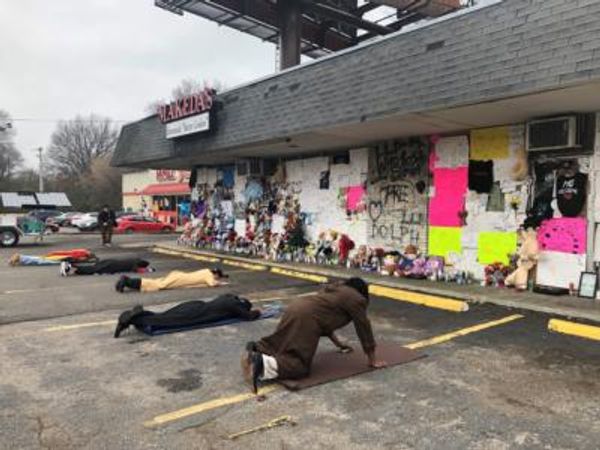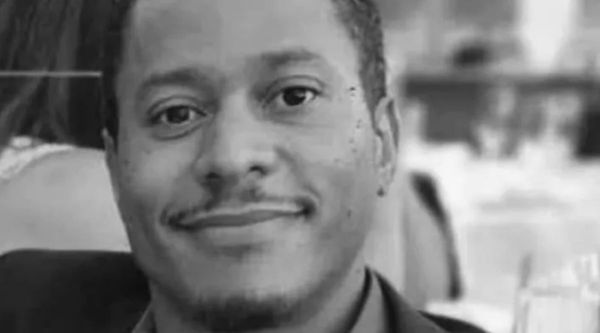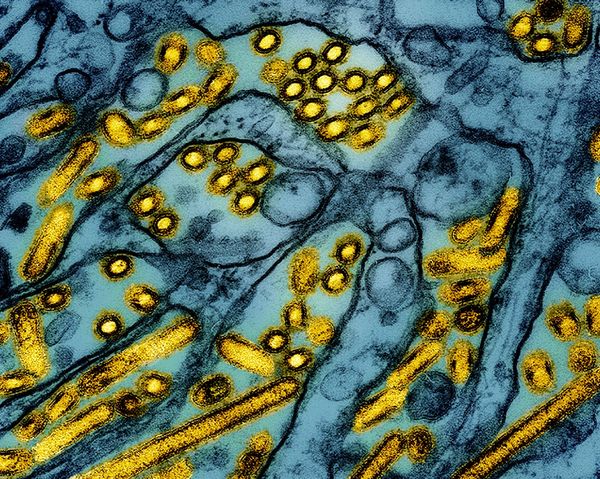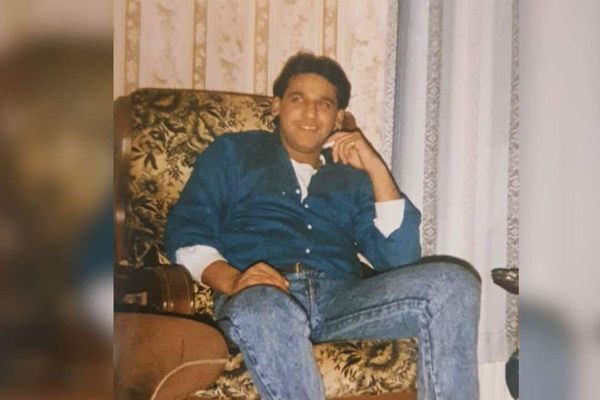
Kyiv (Ukraine) (AFP) - Secretary of State Antony Blinken paid a surprise visit to Kyiv Thursday as the United States unveiled more than $2.6 billion in new military aid, saying the assistance was visibly paying off on the battlefield.
The latest package includes $675 million to be shipped shortly in arms, ammunition and supplies, $1 billion in longer-term loans and grants for Ukraine to buy more US equipment and an equivalent amount for purchases by neighbouring countries seen as threatened by Russia.
Blinken, paying his second visit to Kyiv since Russia invaded in February, met Foreign Minister Dmytro Kuleba and started his trip by touring a hospital for children who have suffered in the war.
In a room with toy trucks and alien figurines, Blinken arrived with a basket of stuffed animals.
"I brought some friends," Blinken told the children.
"The spirit of your children sends a very strong message around the world," he said.
Blinken also knelt down to pat Patron, a fabled Jack Russell terrier that has helped Ukraine's military find more than 200 mines laid by Russian forces.
Allies pledge support
As Blinken was heading secretly to Kyiv, US Defense Secretary Lloyd Austin gathered with allies at the Ramstein air base in Germany to discuss support for Kyiv.
"Now, we're seeing the demonstrable success of our common efforts on the battlefield," Austin said, stressing that allies are in it "for the long haul".
US President Joe Biden will separately hold a call Thursday with allies to "underscore our continued support for Ukraine", a White House official said, speaking anonymously.
The official did not specify when the call would take place nor what countries would participate.
Austin's meeting came hours after Ukrainian President Volodymyr Zelensky said his forces had recaptured several settlements in the northeastern Kharkiv region from the Russians.
Ukraine's army said Thursday over 20 settlements in Kharkiv had been taken.
Kyiv has repeatedly urged its allies for more heavy weapons as it pursues its pushback.Prime Minister Denys Shmygal reiterated the request when he visited Germany on Sunday.
Germany and the Netherlands said at Ramstein that they would start training and equipping Ukrainian soldiers on demining.
German Defence Minister Christine Lambrecht said her country will also be sending material for power generation and winter equipment, with both sides bracing for fighting in the bitter cold.
Among the issues raised at Ramstein are the restocking of arms, as "there is a significant consumption of munitions" in the war, said top US General Mark Milley.
Having already exhausted all its Russian-made armaments, Ukraine is now entirely dependent on Western military support.
Russia, under heavy sanctions, is meanwhile turning to North Korea for huge quantities of rocket and artillery shells, said Washington.
'More effective'
The United States has been Ukraine's biggest armaments supplier.
Its latest package would include 105mm howitzers, precision-guided GMLRS rockets and artillery ammunition.
This brings the US military aid to Ukraine since February 24 to $15.2 billion worth of various weapons, including anti-tank Javelin missiles and shells compatible with NATO's artillery systems.
Among the most efficient weapons sent lately by Washington are the HIMAR multiple rocket launch systems, paired with GMLRS rockets that can reach targets up to 80 kilometres (50 miles) away.
But Kyiv is seeking ATACMS -- precision-guided, medium range tactical missile that can be launched by the HIMAR systems and which are capable of striking at 300 kilometres.
The United States has so far refused, as it fears the missiles could land in Russian territory, sparking an even bigger conflict.
"Right now, the policy of the United States government is that we're not sending ATACMS," Milley said.
"The range of the HIMARS is sufficient to meet the needs of the Ukrainians as they are currently fighting," he added.
In the territories occupied by Russian forces, the United Nations said there were "credible accusations" that Ukrainian children were being forcibly taken to Russia.
Some Ukrainians judged as close to the Ukraine government or military have also been tortured and forcibly removed and sent to Russian penal colonies and other detention centres, Ilze Brands Kehris, the assistant UN secretary general for human rights, told the Security Council on Wednesday.
But Russian UN Ambassador Vasily Nebenzya called the allegations unfounded and said what was labelled "filtration" was simply registering Ukrainians willingly fleeing the war to Russia.







